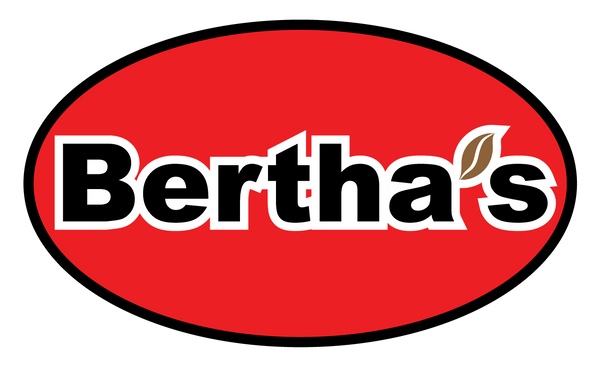Understanding THC-A:
THC-A is the precursor to THC and is found in raw, unheated cannabis plants. Unlike THC, THC-A is non-psychoactive, meaning it does not produce the "high" typically associated with cannabis consumption. When exposed to heat, THC-A undergoes decarboxylation, converting into THC and unlocking its psychoactive properties.Potential Health Benefits:
While research on THC-A is still in its early stages, preliminary studies and anecdotal evidence suggest that it may offer a range of potential health benefits. Some of the areas where THC-A shows promise include:1. Anti-inflammatory properties: THC-A has demonstrated anti-inflammatory effects, which may be beneficial for conditions such as arthritis, multiple sclerosis, and inflammatory bowel disease.2. Neuroprotective effects: Studies have indicated that THC-A may have neuroprotective properties, potentially offering therapeutic benefits for neurodegenerative diseases like Alzheimer's and Parkinson's.3. Antiemetic properties: THC-A has shown promise in reducing nausea and vomiting, making it a potential treatment option for individuals undergoing chemotherapy or experiencing severe nausea.4. Anticancer potential: While more research is needed, some studies suggest that THC-A may possess anticancer properties, potentially inhibiting the growth of certain types of cancer cells.Reasons for the Hype:
Several factors contribute to the growing hype surrounding THC-A:1. Non-psychoactive nature: Unlike THC, THC-A does not produce intoxicating effects, making it an attractive option for individuals seeking the potential therapeutic benefits of cannabis without the psychoactive side effects.2. Legal considerations: In regions where cannabis is still heavily regulated or illegal, THC-A may offer a legal alternative for individuals seeking the potential benefits of cannabinoids.3. Expanding cannabis market: As the cannabis industry continues to evolve and diversify, consumers are becoming more curious about the various cannabinoids present in the plant, including THC-A.4. Personal experiences and testimonials: Anecdotal evidence from individuals who have reported positive experiences with THC-A has contributed to its growing popularity, sparking interest among others seeking alternative treatments.
Conclusion:
While THC-A is still being researched, its potential therapeutic benefits and non-psychoactive nature have generated significant interest within the cannabis community. As more studies are conducted and regulations evolve, we may gain a deeper understanding of THC-A's true potential. Whether it becomes a mainstream option or remains a niche cannabinoid, the hype surrounding THC-A highlights the ongoing exploration of cannabis and its potential to offer alternative treatments for various health conditions.

